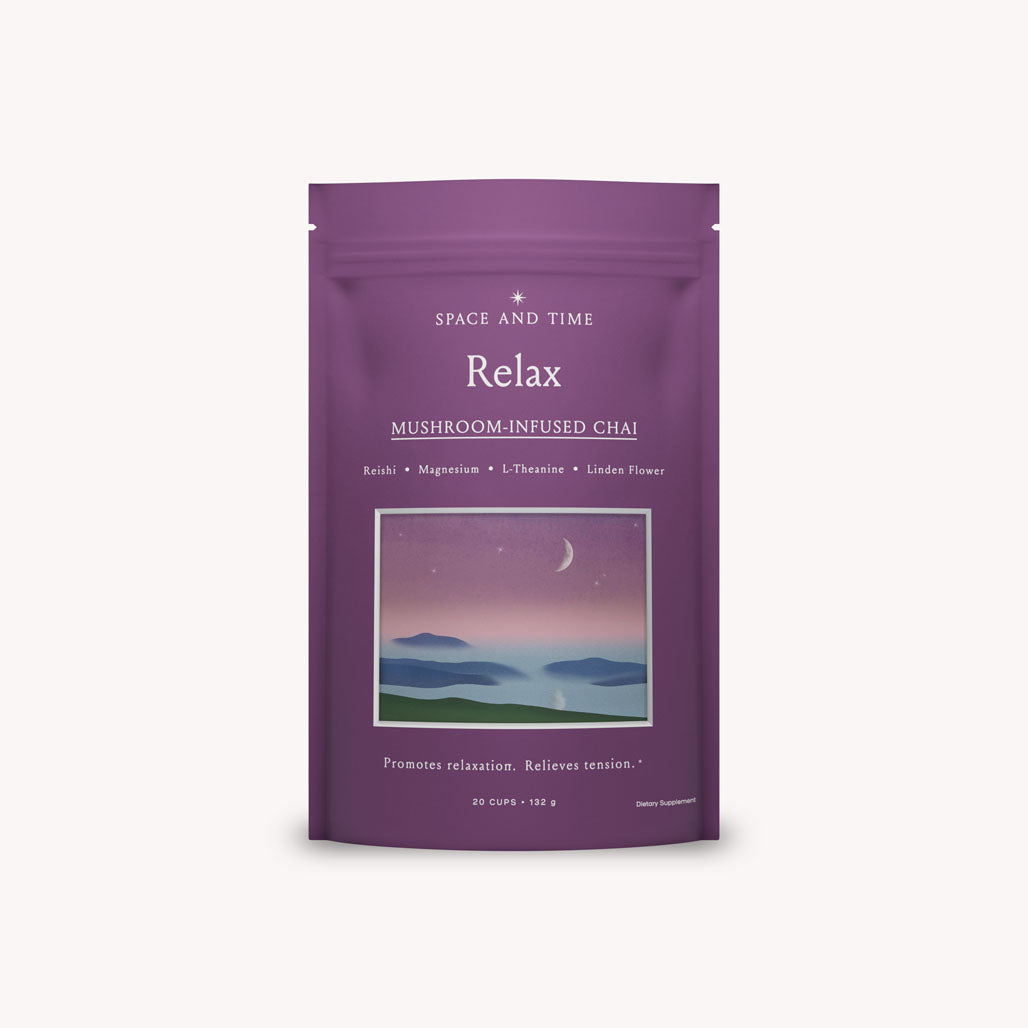

Magnesium: The Essential Mineral for Calm, Sleep, and Stress Support
In the realm of wellness and nutrition, magnesium is often mentioned but rarely fully understood. As an essential mineral, magnesium plays a crucial role in everything from muscle function to nervous system regulation. Yet despite its importance, magnesium deficiency is surprisingly common, especially in the United States, and may contribute to symptoms such as fatigue, irritability, sleep issues, and even heightened stress sensitivity.
In this article, we explore the evidence-based benefits of magnesium, the causes and signs of deficiency, and how restoring optimal levels may support emotional balance, restful sleep, and neurological function.

What Is Magnesium and Why Is It Essential?
Magnesium is a vital mineral involved in over 300 enzymatic reactions in the body. It plays a foundational role in energy metabolism, muscle contraction, heart rhythm, and most importantly for modern wellness, optimal nerve transmission and nervous system regulation.
It is considered essential because the human body cannot synthesize it, meaning it must be obtained through diet or supplementation. Naturally, magnesium is found in dark leafy greens, seaweeds, and seeds such as pumpkin and sunflower. However, due to modern food processing, water filtration practices, and certain lifestyle factors, many individuals fail to meet their daily magnesium needs.
Signs of Magnesium Deficiency
Magnesium deficiency can manifest in a range of subtle but impactful ways. These include:
-
Muscle cramps or spasms
-
Restlessness or hyperexcitability
-
Sleep disturbances or insomnia
-
Sensitivity to light and sound
-
Feelings of fatigue or being overwhelmed
According to clinical references, these symptoms often appear when magnesium stores are depleted by stress, poor diet, chronic illness, or environmental factors.
Why Magnesium Deficiency Is So Common
Magnesium deficiency is surprisingly prevalent across the U.S. population, despite the wide availability of food sources. Multiple lifestyle and environmental factors contribute to this pattern, including:
-
Refined diets: Highly processed foods and white flours are stripped of their natural magnesium content
-
Water treatment: Magnesium is often removed during water purification processes
-
High calcium or fat intake: These can interfere with magnesium absorption
-
Gastrointestinal disorders: Conditions like IBS or Crohn’s may impair absorption
-
Alcoholism: Alcohol depletes magnesium reserves and impairs uptake
-
Chronic stress: Long-term stress depletes magnesium stores through adrenal and nervous system strain
Understanding the root causes of deficiency is the first step to correcting it, especially for individuals struggling with sleep, fatigue, or emotional balance.
Magnesium’s Role in Sleep and Nervous System Health
Magnesium has gained increasing recognition as a natural aid for sleep and calm and for good reason. As a mineral that regulates neurotransmitters and supports the nervous system, magnesium directly impacts the body’s ability to shift from stimulation to relaxation.
Studies support its use in:
-
Reducing sleep latency (the time it takes to fall asleep)
-
Improving sleep quality
-
Reducing nighttime restlessness and muscle twitching
-
Calming the nervous system to prepare for rest
Magnesium helps regulate the activity of melatonin, the sleep hormone, and acts on GABA receptors in the brain, which play a key role in quieting nerve activity. As a result, magnesium can contribute to a smoother transition into sleep without the sedative effects of pharmaceutical sleep aids.
Stress, Magnesium, and the Mind-Body Connection
Stress and magnesium have a bidirectional relationship: stress depletes magnesium, and low magnesium increases vulnerability to stress. This is especially relevant for people who feel "wired but tired," experience chronic overstimulation, or are exposed to consistent external stressors.
When magnesium levels are low, the body’s response to stress may become exaggerated, leading to symptoms like:
-
Nervousness
-
Emotional reactivity
-
Physical tension
-
Reduced ability to “come down” after stimulation
Clinical literature shows that magnesium deficiency correlates with stress-related symptoms such as fatigue, sensitivity to environmental stimuli (like light or sound), and difficulty adapting to pressure.
For this reason, magnesium is frequently used in functional wellness supplements that support the parasympathetic nervous system, the “rest and digest” mode that helps the body recover and recalibrate.
Sources of Magnesium in the Diet
If you’re looking to increase your magnesium intake naturally, the best dietary sources include:
-
Dark leafy greens (spinach, chard, kale)
-
Pumpkin seeds and sunflower seeds
-
Legumes (black beans, chickpeas, lentils)
-
Whole grains (brown rice, oats)
-
Seaweed
-
Almonds and cashews
However, food sources may not always be sufficient, especially for people with absorption issues, high stress levels, or increased demand due to physical activity or illness.

Supplementation: A Functional Approach to Magnesium
In response to the rising awareness around magnesium’s role in wellness, many functional supplements now incorporate bioavailable forms of magnesium to support calm, sleep, and neurological health.
For instance, Space And Time includes magnesium in its Relax mushroom chai blend, which is formulated to support the nervous system during times of stress and aid in evening relaxation. The formulation also includes other ingredients like Reishi, Saffron, and Linden Flower, all of which contribute synergistically to relaxation and mood balance.
The magnesium used in this blend is selected specifically to address issues related to:
-
Nervous tension
-
Restlessness
-
Stress-induced sleeplessness
-
Muscle tightness and spasms
By combining magnesium with calming botanicals and adaptogens, Relax offers an integrative approach that supports both the mind and body in preparation for rest.
How Much Magnesium Do You Need?
The recommended dietary allowance (RDA) for magnesium varies slightly based on age and gender:
-
Men (ages 19-30): 400 mg/day
-
Women (ages 19-30): 310 mg/day
-
Men (31+): 420 mg/day
-
Women (31+): 320 mg/day
When supplementing, it’s important to avoid excessive doses unless supervised by a healthcare provider. Magnesium from food and moderate supplementation is considered safe and well tolerated for most individuals.
Who May Benefit from Magnesium Supplementation?
Supplementing with magnesium may be helpful for:
-
Individuals experiencing frequent stress or overstimulation
-
Those with trouble falling or staying asleep
-
People with muscle cramps, twitches, or tension
-
Individuals with digestive conditions that impair nutrient absorption
-
Athletes or highly active individuals who lose magnesium through sweat
-
Anyone with a low intake of magnesium-rich foods
Always consult a healthcare professional before beginning any new supplement regimen, especially if you’re taking medications or have underlying health conditions.
Final Thoughts
Magnesium is far more than just another mineral, it is a foundational element of emotional stability, physical relaxation, and neurological balance. As modern lifestyles challenge our nervous systems daily, maintaining adequate magnesium intake becomes not only beneficial but necessary.
Whether through food, supplementation, or blends like Relax mushroom chai from Space And Time, replenishing magnesium can help reduce the effects of stress, support better sleep, and contribute to a more centered state of being.
In a world that constantly demands more, magnesium reminds us to slow down, recharge, and reset.









